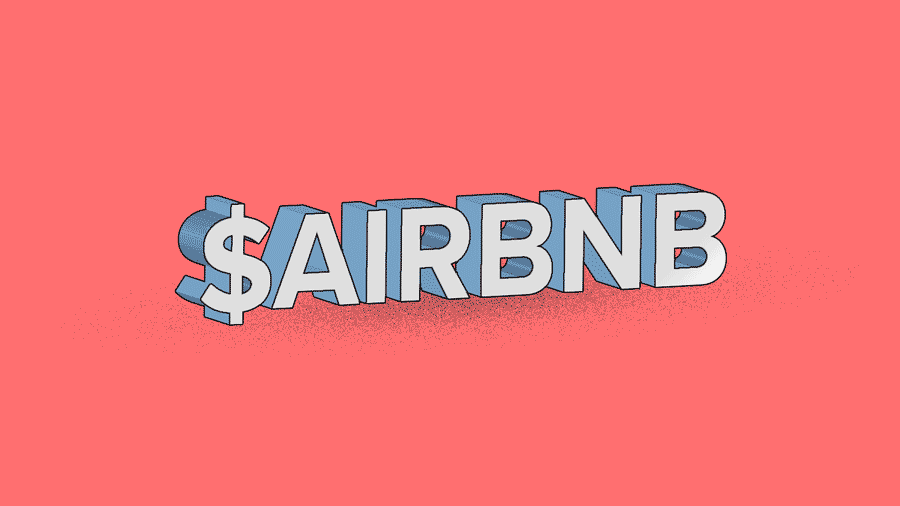Let’s take a peek inside Airbnb, a company widely expected to list next year. How good are its gross margins?
Airbnb’s expected 2020 direct listing will be one of the year’s biggest events in the world of finance and technology. The non-traditional method of going public has recently attracted offerings from well-known companies Slack and Spotify. Airbnb would make the pair a trio, helping cement the method of going public as the new way that cash-rich private technology companies debut.
But first Airbnb will have to file, publicly, giving us a look at its numbers that remains annoying far off.
Luckily for us, The Information reported a list of Q1 2019 Airbnb results this week. The new numbers let us pry into Airbnb’s business and answer a question that recent news has made pertinent: how strong are Airbnb’s gross margins?
The question matters because we’ve recently seen a number of venture- and private-equity backed companies with moderate gross margins struggle post-IPO. Uber, Lyft, and Peloton are examples of the phenomenon.
So let’s take a look at Airbnb’s gross margins and ask a question or two about its revenue quality.
Numbers
Working from The Information’s excellent report, here are the numbers we’ll start with:
- Q1 2018 revenue: $0.64 billion (formatting as reported).
- Q1 2018 cost of revenue: $0.20 billion.
- Q1 2018 implied gross margin: 68.75 percent.
And, in contrast, here are the same numbers from this year:
- Q1 2019 revenue: $0.84 billion.
- Q1 2019 cost of revenue: $0.28 billion.
- Q1 2019 implied gross margin: 66.66 percent.
From this, we can see that Airbnb’s gross margins are strong but not quite SaaS-level. We can also see the company’s gross margins slipped slightly from Q1 2018 to Q1 2019. The percent change is slight, but the direction of the change isn’t bullish for the company.
The Information’s report raises two other concerns that are worth citing. First, there is some concern that the company’s “repeat customer” numbers could be falling. This would have the effect, we presume, of lowering the company’s customer acquisition spend efficiency and making its revenue less “recurring,” using the term loosely.
Second, customer care costs are a possible shadow across Airbnb’s cost of revenue. Sitting apart from cost of revenue, customer care (the company spent $0.17 billion on customer care’s parent expense category in Q1 2019) could be viewed as a form of revenue expense. It’s impossible to tease out precisely what its inclusion would do to Airbnb’s gross margins, but it wouldn’t help.
How investors decide to vet customer care as a cost will change Airbnb’s revenue quality. The result could be gross margins in the high 60s or a far lower figure depending on how they count.
The Positive
We’re nitpicking so that we can understand the company’s business. But let’s not forget that Airbnb is growing nicely with a strong brand and billions in cash on its books. It’s a valuable company that will list its shares in whatever manner it chooses. But it does seem, looking at its cost structure and not-fully-recurring revenue, we can presume that it should trade for a strong revenue multiple, but not a SaaS-level metric.
Illustration: Li-Anne Dias.

Stay up to date with recent funding rounds, acquisitions, and more with the Crunchbase Daily.











67.1K Followers